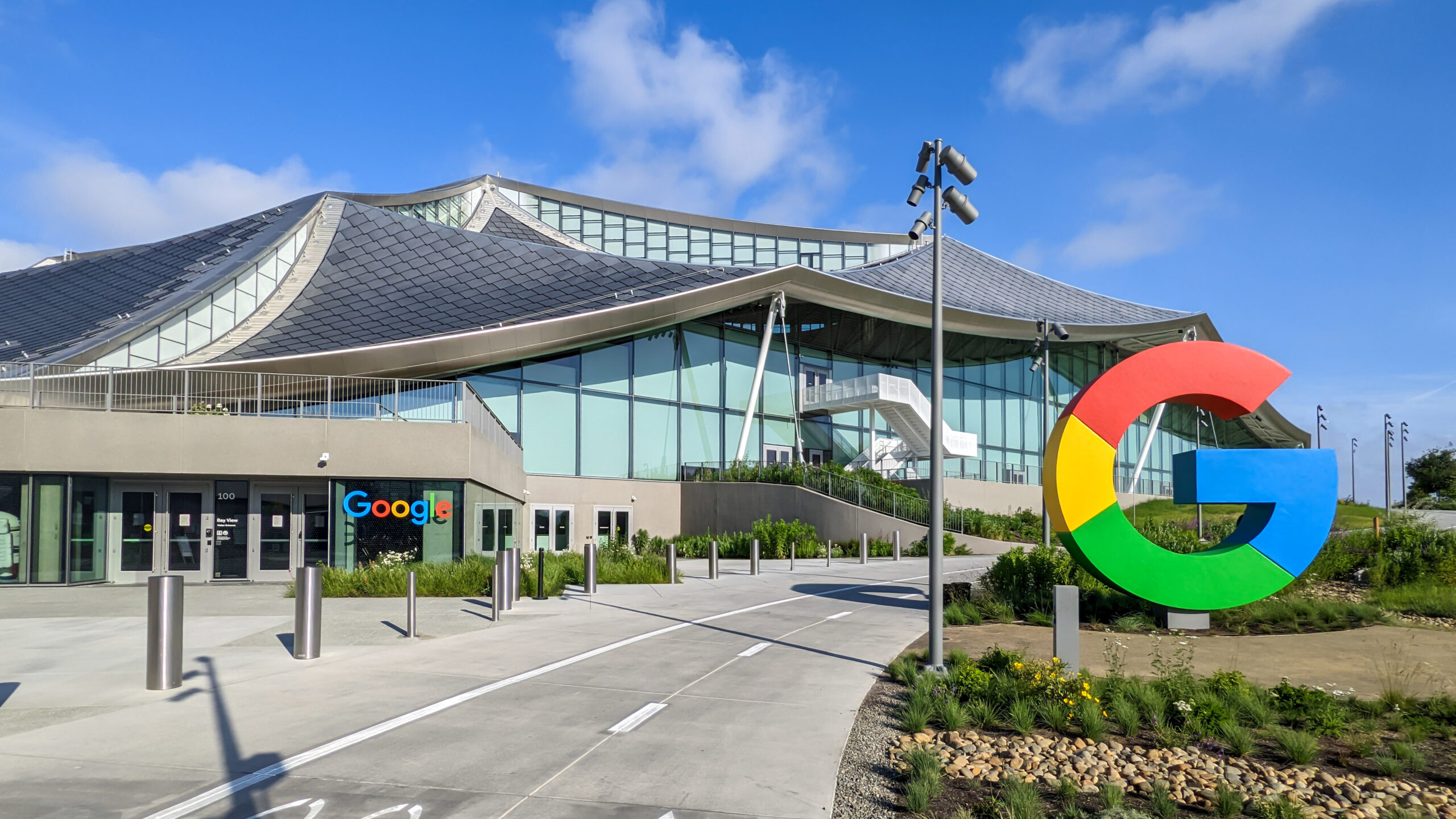- October 27, 2023
- 2 minutes read
Google’s “Grandpa” Status: Tech Giant’s Antitrust Defense and the Challenge of Staying Relevant

In the midst of its landmark antitrust trial, Google’s senior vice president for knowledge and information products, Prabhakar Raghavan, has put forth an intriguing narrative to defend the tech giant. Raghavan argued that Google’s success is far from guaranteed and expressed the company’s concern that it might lose its appeal among younger internet users.
Describing Google as “Grandpa Google,” Raghavan emphasized that younger demographics no longer see it as an exciting and innovative product. Instead, they perceive it as a reliable source for answering homework questions but prefer to explore other avenues for engaging and interesting activities on the web.
In an effort to counter the accusations of monopolistic practices, Google’s legal team presented historical context, highlighting a 1998 Fortune magazine article that suggested Yahoo! was winning the search-engine wars and poised for even greater success. Raghavan, who previously worked at Yahoo!, underscored Google’s continuous investment in research and development to stay ahead of the ever-evolving technology landscape.
He listed numerous innovations Google has introduced to its search engine over the past two decades, including changes in ad space bidding and enhancing the user’s search experience by refining the relevance of results. Raghavan’s testimony aimed to showcase Google’s proactive approach to maintaining its competitiveness.
The antitrust case against Google, which is the most significant since the Microsoft case 25 years ago, was initiated during the Trump administration in 2020. The trial, currently underway, is expected to extend for another month, with Google presenting its defense. A ruling by U.S. District Judge Amit Mehta is not anticipated until early next year. If Google is found to have violated antitrust laws, a subsequent trial will determine the appropriate measures to curtail its market dominance, which could include preventing the company from paying others to feature Google as the default search engine.
It’s worth noting that Google is also contending with a parallel antitrust lawsuit filed by the Justice Department in Virginia, specifically targeting its advertising technology, although that case has not yet proceeded to trial.
